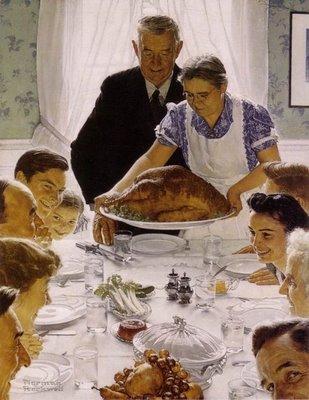
Second Hand
Reasons for Discarding
Flesh Foods
Those who eat flesh are but eating grains and vegetables at second hand; for the animal receives from these things the nutrition that produces growth. The life that was in the grains and vegetables passes into the eater. We receive it by eating the flesh of the animal. How much better to get it direct, by eating the food that God provided for our use!
Flesh was never the best food; but its use is now doubly objectionable, since disease in animals is so rapidly increasing. Those who use flesh foods little know what they are eating. Often if they could see the animals when living and know the quality of the meat they eat, they would turn from it with loathing. People are continually eating flesh that is filled with tuberculous and cancerous germs. Tuberculosis, cancer, and other fatal diseases are thus communicated.
The tissues of the swine swarm with parasites. Of the swine God said, "It is unclean unto you: ye shall not eat of their flesh, nor touch their dead carcass." Deuteronomy 14:8.
This command was given because swine's flesh is unfit for food. Swine are scavengers, and this is the only use they were intended to serve. Never, under any circumstances, was their flesh to be eaten by human beings. It is impossible for the flesh of any living creature to be wholesome when filth is its natural element and when it feeds upon every detestable thing.
Often animals are taken to market and sold for food when they are so diseased that their owners fear to keep them longer. And some of the processes of fattening them for market produce disease. Shut away from the light and pure air, breathing the atmosphere of filthy stables, perhaps fattening on decaying food, the entire body soon becomes contaminated with foul matter.
Animals are often transported long distances and subjected to great suffering in reaching a market. Taken from the green pastures, and traveling for weary miles over the hot, dusty roads, or crowded into filthy cars, feverish and exhausted, often for many hours deprived of food and water, the poor creatures are driven to their death, that human beings may feast on the carcasses.
In many places fish become so contaminated by the filth on which they feed as to be a cause of disease. This is especially the case where the fish come in contact with the sewage of large cities. The fish that are fed on the contents of the drains may pass into distant waters and may be caught where the water is pure and fresh. Thus when used as food they bring disease and death on those who do not suspect the danger. MH 312-314